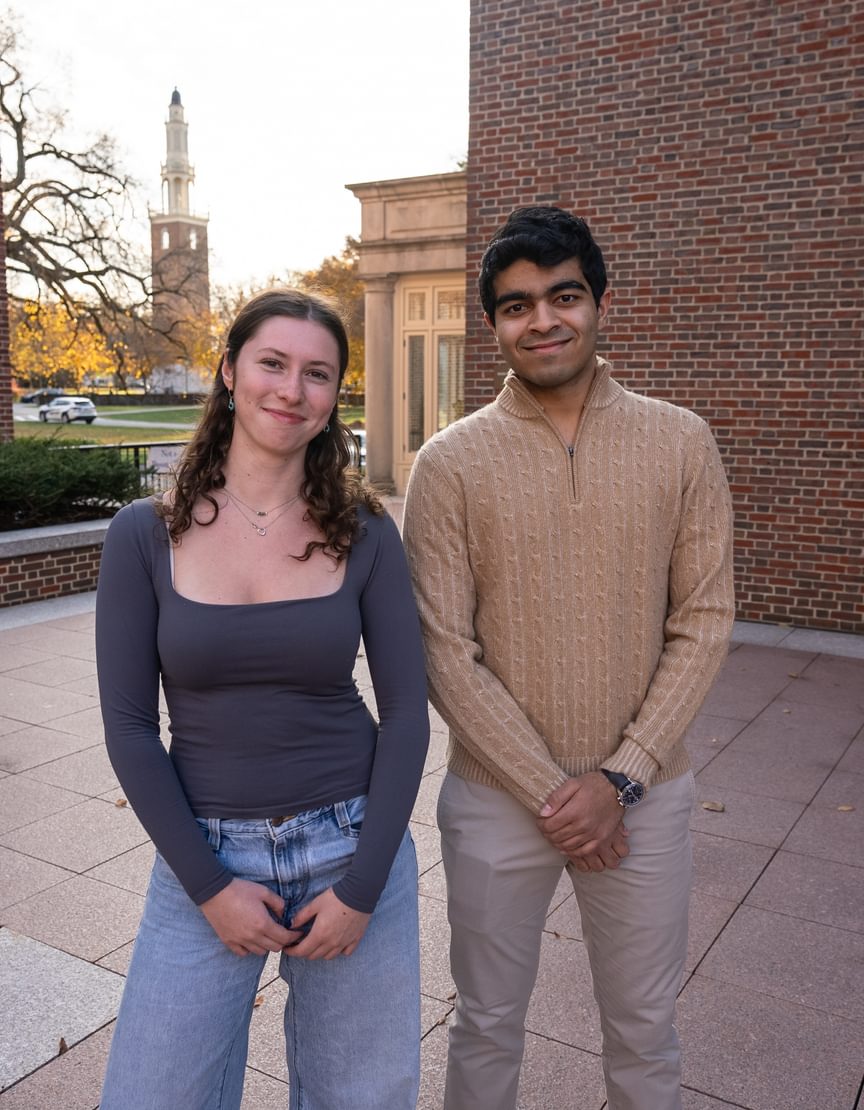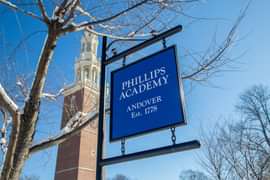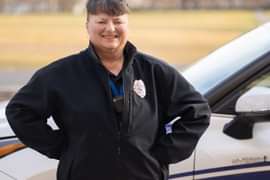
October 28, 2024
Differing viewpoints
Students discuss the state of political discourse on campusAndover’s Political Union is a nonpartisan student club with the express aim to provide a space for students of different political views to come together and dialogue. Pragun Seth ’25, who describes himself as aligned with fundamental conservative principles—such as free markets, individual liberties, and a limited government—and Katerina Browder ’26, who believes in freedom of speech, LGBTQ+ rights, and limited government intervention in the economy, are both members of the APU board.
In the Q&A below, Seth and Browder discuss their political views, how they perceive the level of civil discourse on campus, and the important role that schools and teachers play regarding dialogues across difference.
Why did you join the APU?
Pragun: I was a new upper at Andover last year, and at my previous school, we did not have many opportunities for political discourse. Coming to Andover, I was very excited by the opportunity to discuss various political topics with my peers, and I was happy to learn that the APU was a space to do so without fear of judgment. I also thought it would be a great opportunity to learn more about political topics by surrounding myself with a variety of different opinions
Katerina: I joined the APU because I wanted to help create a space where Andover students can express their political beliefs and learn from one another in a respectful and engaging way. Last year’s meetings really inspired me to continue on with APU, especially the fun jubilee-style debates where students moved to sides of the room based on whether they agreed or disagreed with a statement. This helped me to gain a deeper understanding of different perspectives. I want to continue fostering that environment, where students feel comfortable exploring and discussing political ideas that they may not be able to in other spaces around campus.
What value do you think the APU brings to the Andover campus?
Pragun: I believe that APU is a core part of the Andover campus. It gives students a space to hear each other and have productive discussions in a no-stakes-attached environment outside the classroom. Without the added pressure of grades that is usually present in a school environment, the APU really gives us a way to open up and feel like our voices are heard.
Katerina: The APU offers an accessible and informative way for students to get involved in political discussions in a low-risk, enjoyable setting. Our meetings are casual and fun, but also provide an important platform for respectful discourse on different political ideas. We have also begun inviting speakers from across the political spectrum, ensuring that students are exposed to a wide range of views, not just those that are prevalent on campus.
Do you think that Andover is a place where students can speak freely about their opinions and perspectives, even if they are counter to the majority? Why or why not?
Pragun: Being the president of the Conservative Club on a largely liberal campus, I have always felt that I can freely express my perspective—both in and out of the classroom. Even though I am not a member of the majority in terms of my political views, I still feel that my peers are open to hearing my opinions and are eager to listen to me. A cornerstone of our campus is the pursuit of learning, and each student here imbibes that in many different ways. This value certainly enables students to discuss their perspectives freely.
Katerina: In some settings, students may hesitate to share their true opinions, particularly if they believe their teacher or classmates hold opposing views. There can be a fear that expressing a minority viewpoint might negatively affect how they are perceived or even impact their grades. This creates a subtle pressure to conform, so I don’t think students can always speak as freely as they might want to. There's often a sense of "right" and "wrong" opinions in classroom discussions.
What would you like to see colleges, universities, and schools like Andover do to ensure that future leaders are able to have civil discourse/difficult discussions?
Pragun: I would like to see more schools invite conservative guests to campus. A huge issue I see is that while quite a few students in colleges and schools around the country identify as conservative, they are afraid to voice their opinions out of fear of judgment and ostracism. Inviting conservative speakers and giving opportunities to conservative students to voice their opinions is an important method of facilitating productive civil discourse and building a society where we are able to have difficult discussions.
Katerina: Institutions like Andover should prioritize creating environments where students are encouraged to express their views openly, without fear of social or academic consequences. This could involve more structured debates or discussions that foster a balance of viewpoints, offering protections for students who feel uncomfortable speaking up.
Teachers can also play a key role by modeling neutrality in political conversations, ensuring students know their grades won’t be affected by the views they express. Workshops or courses on civil discourse could also be created, teaching students how to engage in respectful conversation about difficult issues. In addition, more clubs and spaces on campus like APU should be advertised to ensure that students know there is a place they can go to engage in political conversation.
Categories: Campus Life
Other Stories

Andover’s 10th conference promotes open financial dialogue




